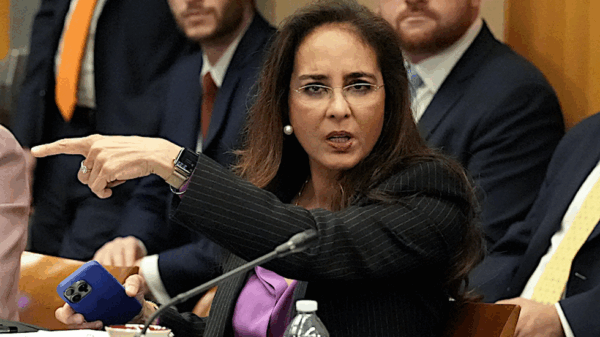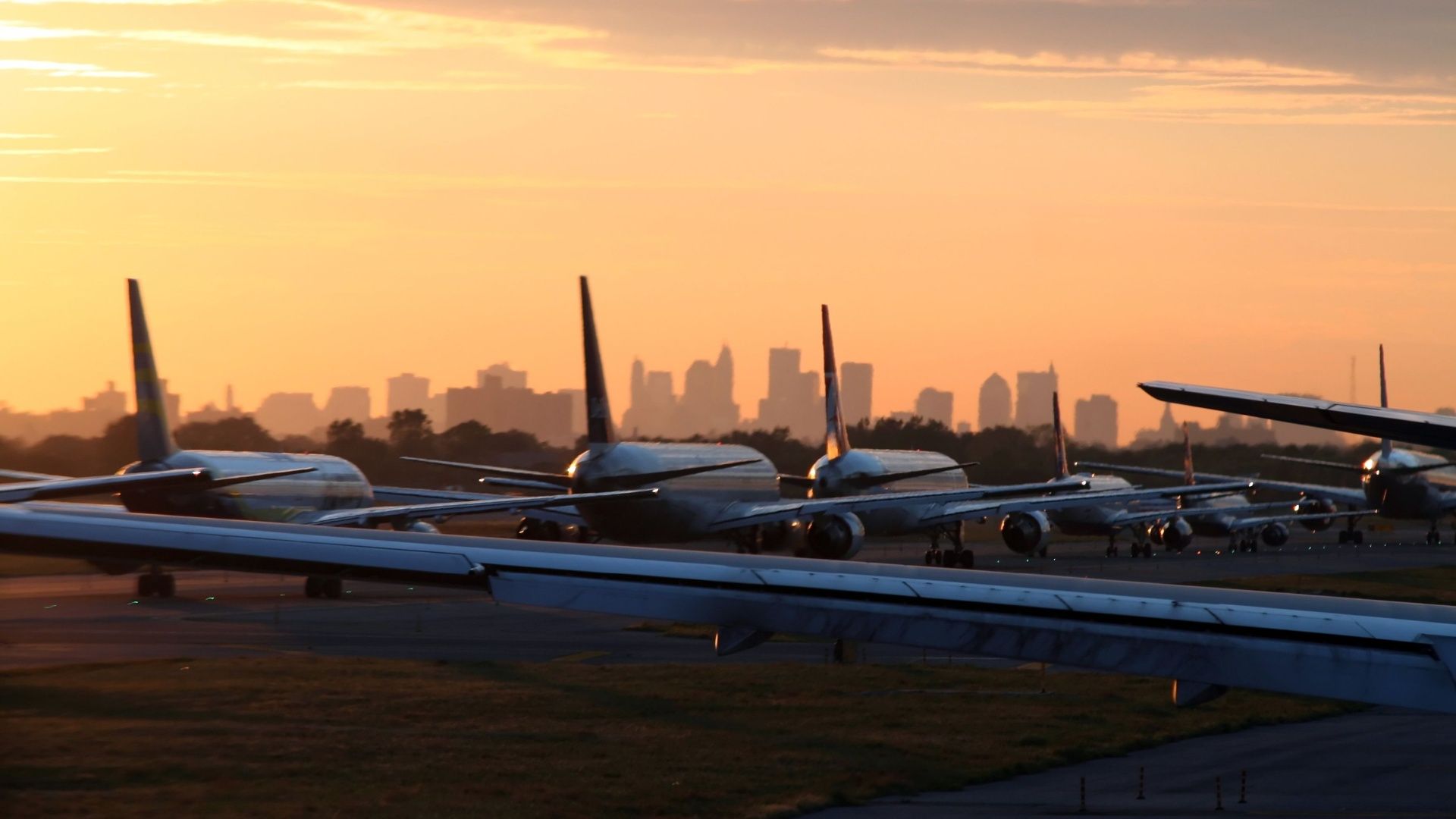The Federal Aviation Administration (FAA) is set to impose significant civil penalties on several airlines that failed to comply with government-mandated flight schedule reductions during the recent US government shutdown. An emergency order required airlines to cut operations at approximately 40 major airports to alleviate pressure on air traffic control facilities that were short-staffed. Following an audit of flight operations, the FAA discovered that many airlines continued to operate close to their normal schedules, prompting the agency to seek fines of up to $75,000 for each non-compliant flight.
During the shutdown, the FAA issued Emergency Order 11-6-25, mandating airlines to reduce domestic flights by around 4%, a figure later expanded to 10%. The primary reason for these reductions was the shortage of available air traffic controllers. As staffing levels improved and negotiations to reopen the government progressed, regulators adjusted the cuts to 6% and eventually to 3% before lifting the restrictions entirely in mid-November 2023. Despite these orders, data indicated that airlines canceled only about 0.25% of flights on the final day of enforcement, falling significantly short of the required 3% cap, according to reports from Reuters.
FAA Administrator Bryan Bedford announced that the agency would begin issuing investigative letters and considering enforcement actions against airlines that exceeded their operational limits. The FAA’s main concern is safety, particularly during a time when controller absences and overtime payments created heightened risks.
The potential fines could significantly impact airlines financially. Under the emergency order, larger carriers face penalties of $75,000 for each additional flight beyond their daily limits, while smaller operators may incur fines around $16,000. For instance, if a carrier over-scheduled by just 20 flights in a day on a hub-to-hub route, it could face liabilities of around $1.5 million in just one day. When considering multiple operational days and several constrained airports, the potential financial exposure could be considerable.
Although the shutdown is now over, the repercussions for airlines are ongoing. These fines are not merely punitive; they aim to influence airline behavior in future situations where political funding becomes a contentious issue. Throughout the shutdown, airlines were cautioned that deeper schedule cuts would affect customers and local economies, even as the FAA highlighted the safety risks associated with controller fatigue and unpaid overtime.
Data now suggests that airlines largely disregarded the final, less stringent operational caps, prompting regulators to take action to prevent a recurrence. The FAA’s enforcement efforts may encourage airlines to proactively manage their flight schedules, allowing them to cancel flights earlier and utilize interline agreements when staffing levels decline.
This situation places additional pressure on Congress to safeguard air traffic controllers from similar shutdowns in the future, ensuring that safety remains a priority. The ongoing debate over how best to protect passengers is expected to continue as stakeholders seek to balance operational efficiency with safety concerns.



































































